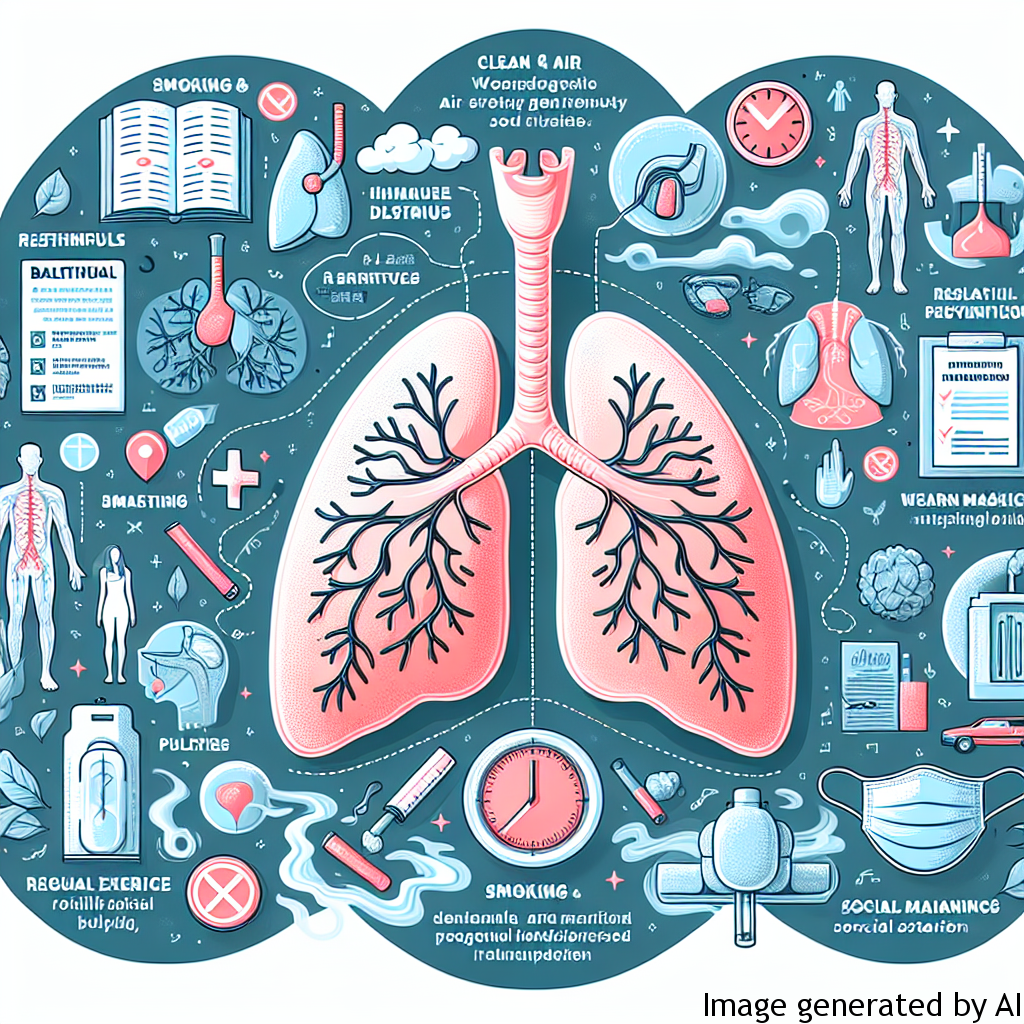Introduction
Respiratory diseases consist of several conditions that impact our respiratory system comprising of the nasal cavity, throat, trachea, bronchi, and lungs. Chronic respiratory diseases, along with acute respiratory infections, represent a serious public health challenge. They could have a profound effect on the individuals’ quality of life, and they also contribute significantly to the global burden of disease. Therefore, preventing these diseases is crucial. However, to design effective strategies for prevention, we need to understand several factors including social, cultural, and gender expectations.
Gender Expectations and Their Influence on Men’s Respirational Health
Gender expectations, as society’s unwritten rules of how men and women should act, can deeply affect behavioral habits that influence health, including respiratory health. For instance, the expectations that men should act tough and take risks might lead to unhealthy behaviors such as smoking or exposure to environmental pollutants, contributing to a higher risk of developing respiratory diseases.
The Impact of Masculinity Norms
“Masculinity norms” indicate that men should display traits such as autonomy, toughness, and strength. These norms discourage men from expressing vulnerability and seeking help, even when they are symptomatic of possible respiratory diseases. Consequently, late diagnosis and treatment of these diseases could result in severe outcomes.
The Stereotype of Men in Hazardous Occupations
Additionally, societal expectations often position men in more hazardous occupations such as mining, construction and firefighting, where they are exposed to harmful dust and fumes. This increases the risk of occupational lung diseases including asbestosis and silicosis.
Examples of How Gender Roles Influence Men’s Lives
Gender roles play a significant role in contributing to behaviors that are detrimental to men’s health. For instance, the idea that smoking is a symbol of masculinity may significantly contribute to the high prevalence of smoking among men. Men who perceive themselves as masculine are more likely to smoke and less likely to quit smoking than other men. Therefore, they have a higher risk of developing lung cancer or chronic obstructive pulmonary disease (COPD).
Tips for Improving Respiratory Health Considering Gender Roles
Challenging and changing gender norms is a global task. However, on a personal level, men can make several practical steps to protect their respiratory health:
-
Individuals should prioritize their health over societal expectations, seeking health care proactively, regardless of gender norms.
-
Adopt healthy lifestyle habits, such as giving up smoking, monitoring occupational exposure to harmful substances, and taking up regular exercise to maintain lung health.
-
Create a supportive environment by encouraging dialogue and challenging toxic masculinity behaviors and stereotypes.
Conclusion
In conclusion, to effectively prevent and control respiratory diseases in men, it’s important to consider the influence of gender roles. Public health strategies should aim to foster healthier behaviors whilst confronting harmful gender norms. Furthermore, health professionals can be encouraged to provide gender-sensitive care, and communities can challenge stereotypes that form barriers to men’s health, thereby promoting healthier respiratory systems for everyone.

